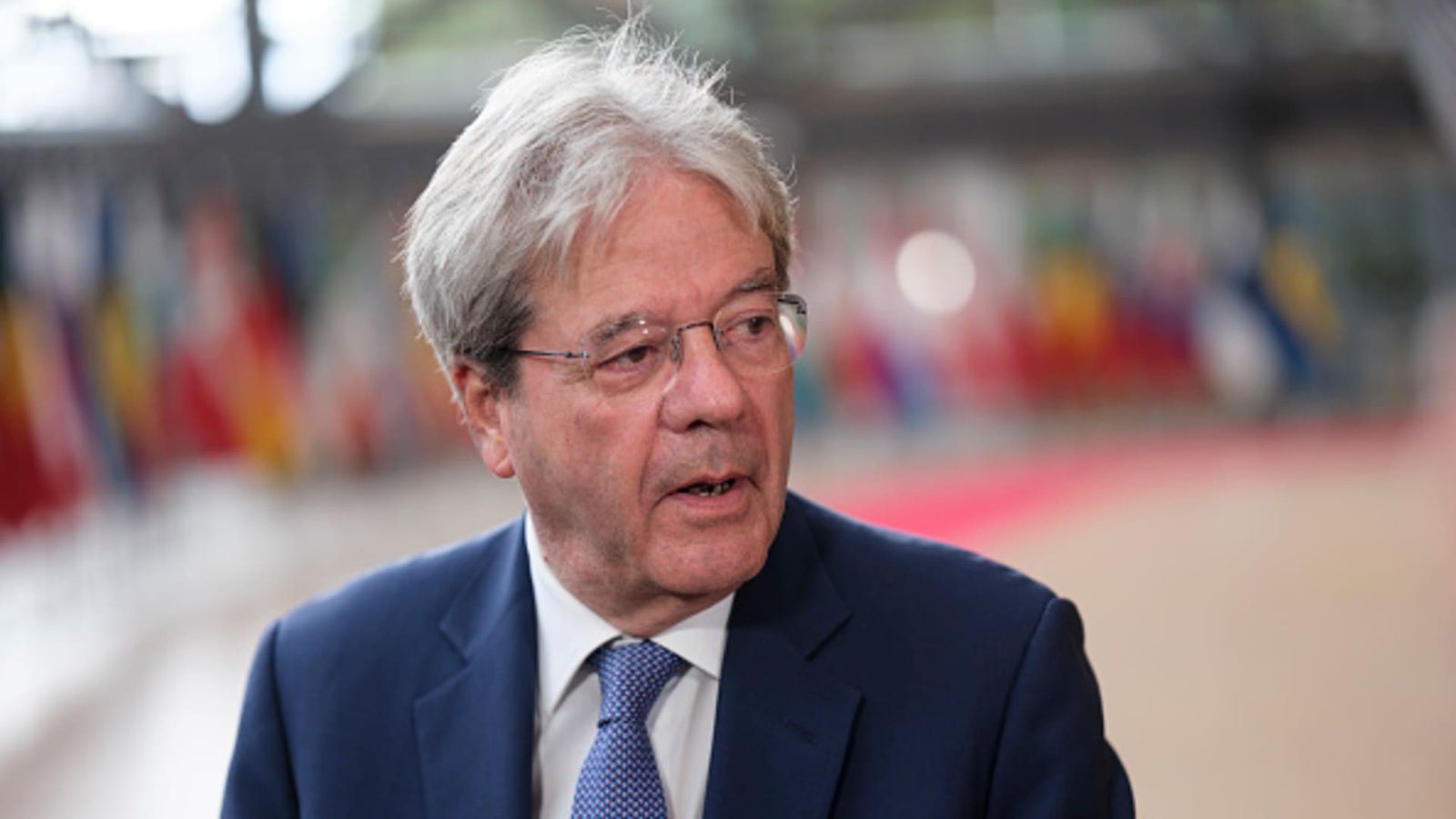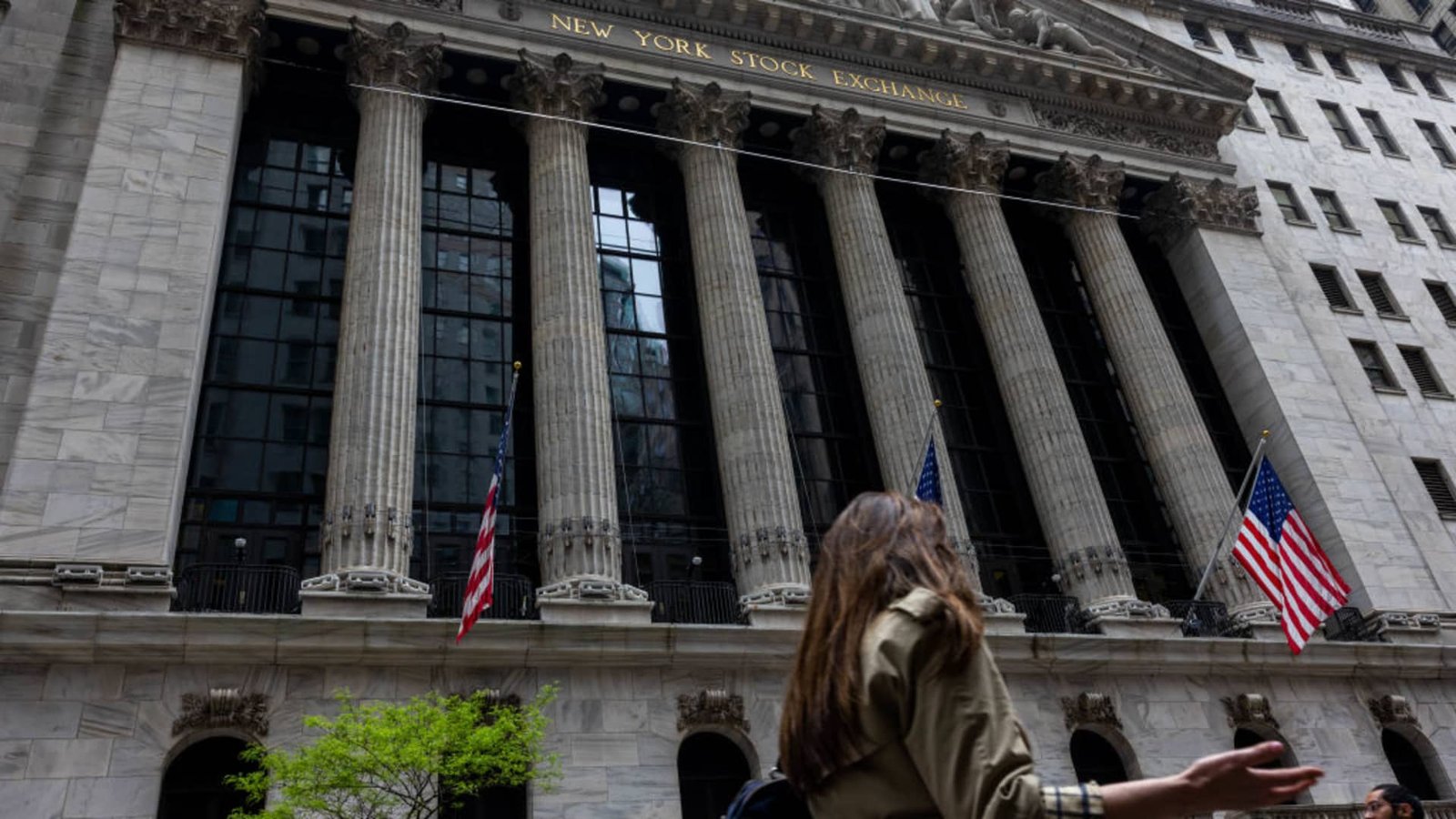The outgoing European Commissioner for Economy, Paolo Gentiloni, stated that the European Union has managed to avoid the dire economic predictions that loomed over it in recent years. Despite this, challenges remain, such as Russia’s conflict in Ukraine and a fragile trade relationship with China. Gentiloni made these remarks during an interview with CNBC’s Steve Sedgwick at the Ambrosetti Forum in Cernobbio, Italy.
Gentiloni, a former Italian Prime Minister, has been serving as the European Commissioner for Economy since December 2019 under EC President Ursula von der Leyen. The European Commission oversees the economic strategy and legislation for the euro zone, while the European Central Bank manages monetary policy and interest rates.
Although Gentiloni will not continue as commissioner, he outlined the economic landscape awaiting his successor. He highlighted the slow but steady growth of the economy and emphasized the need for enhancing competitiveness, advancing the capital markets union, and addressing defense challenges to navigate the evolving global scenario.
Europe has been grappling with a post-Covid-19 recovery, facing a cost-of-living crisis and high inflation exacerbated by the conflict in Ukraine and energy supply disruptions due to sanctions against Russia. The euro zone’s economy showed growth in the first half of the year, with GDP expanding by 0.3% in the second quarter.
The European Commission’s spring forecasts projected GDP growth for the EU and the euro area in the coming years, driven by factors like private consumption, declining inflation, and a robust labor market. However, geopolitical risks from conflicts in Ukraine and the Middle East remain a concern.
The European Central Bank took steps to ease monetary policy in response to declining inflation, with a rate cut in June and expectations of another cut in the upcoming meeting. Looking ahead, Europe faces challenges from upcoming U.S. elections and trade tensions with China, particularly after imposing higher tariffs on Chinese electric vehicle imports.
Gentiloni emphasized the importance of prioritizing trade diplomacy with China and supporting Ukraine amidst the ongoing conflict. He downplayed the potential economic impact of a second U.S. administration under former President Donald Trump, stating that changes in economic relations may not be significant.
As Gentiloni prepares to depart from the Commission, he expressed his commitment to contributing to European and Italian affairs. The rise of far-right support in European politics poses challenges, with differing views on the future direction of the EU Commission and concerns about addressing voter demands for change.




